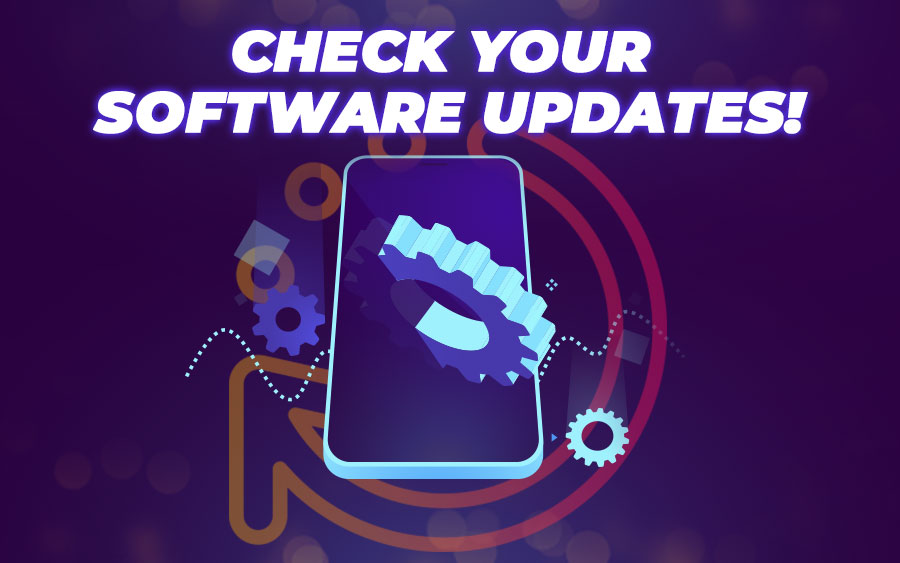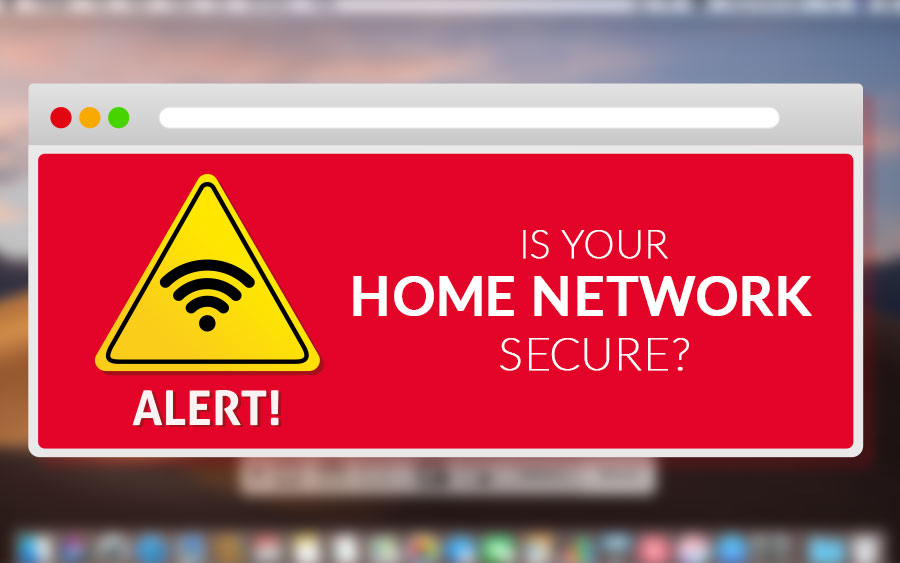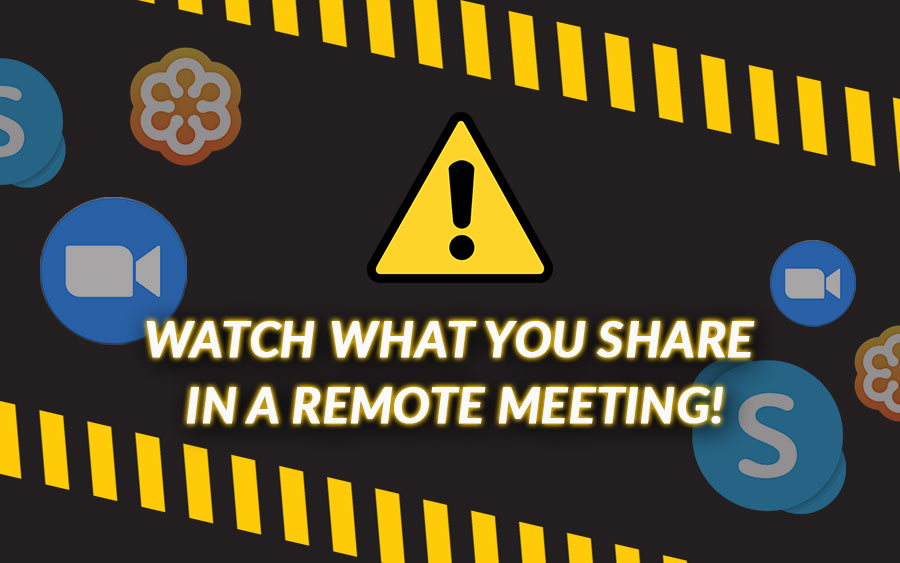Address
304 North Cardinal St.
Dorchester Center, MA 02124
Work Hours
Monday to Friday: 7AM - 7PM
Weekend: 10AM - 5PM
Address
304 North Cardinal St.
Dorchester Center, MA 02124
Work Hours
Monday to Friday: 7AM - 7PM
Weekend: 10AM - 5PM

Over the past few weeks, the world has suddenly and unwillingly been pulled into the biggest work-from-home (WFH) experiment ever. With lockdowns and quarantines in place in many countries worldwide, many companies — employers and employees alike — have been very suddenly thrust into an environment where remote work is no longer a luxury, but a necessity.
With this new frontier, comes new risks. We have put together a compilation of essential work-from-home security tips to make sure that your business avoids being compromised during this critical period.
You can adopt all the security tools, software and policies in the world, but the chain is only as strong as its weakest link. No amount of security in the world can protect against a user who — either intentionally or accidentally — bypasses the security that is set in place to protect them.

The first and most important thing you have to be sure of is that all of your employees are not only aware of security best practices, but that they are also putting those practices into use.
Make the effort to ensure that everyone is educated on security basics, what to be aware of, and be sure to emphasise the importance of preemptive action in this front. It takes a few minutes to read this article, and it may save a countless amount of time and headaches down the line.

When was the last time you updated your software? In the current world of consumer software, this can deceptively seem like a non-concern. We have auto-updates, after all! Software will prompt users with new updates and do all the work in the background!
Yes, but ask yourself this: How many times have you pressed “Remind me later”?
The update itself may be done automatically, but often enough, it still requires user permission to start the process. This is the time to do a check over all your core productivity and communications software, and make sure that all of them are really up to date. This includes your operating system updates!
In all likelihood, your IT staff and vendors would already be on the ball in this front — but it is worth checking in to make sure that they have everything they need to do their job well in this critical time. It is never a good time to skimp on your IT department, and this is especially true when everyone is fully dependent on the smooth functioning of your IT infrastructure.
In an office environment, a secure network is something we take for granted. IT does the grunt work of making sure the office’s networks are secure, and that all devices are properly connected to it. Things just work. It can be easy to overlook this as all employees move work to their homes and use their own home networks.

In a home network environment, network security becomes a bigger concern. Many treat their home network as another electronic appliance — never having done anything since the ISP’s technician installed their broadband internet connection for them. This can pose a security risk to the users connected to the network, especially if things have been installed many years ago.
It is worth taking the time to learn the very basics of home network administration and ensuring that at least the following are done:
There are many more tips in the link provided above, but ensure the very basics listed above are fulfilled to ensure at least a baseline of security for your home network — it is not worth risking your sole connection to the world during the lockdown period.
This is the time to take a close look at where you have been storing all your precious work. While IT may be able to rescue the work that is lost from a laptop which has suddenly died, this solution has just become a lot more difficult when everyone is working remotely.
If you are saving work to an external drive, you can switch to a different computer. But what if the external drive itself fails?
If your company provides server storage for your work, be sure to fully utilise that storage space — do not neglect this simply because it is inconvenient to access the network drive.
At the same time, take extra care to ensure that IT has adequate resources to ensure that the servers are running optimally.

If internal server storage is unavailable, restricted or inadequate — you can look into cloud storage solutions like Google Drive or Microsoft OneDrive. Fortunately, most people already have a foot in the door when it comes to these cloud storage solutions — many of us already utilise them as a way of conveniently sharing files.
This is the time to make full use of these solutions and move the entirety of your work to the cloud.
The move will not only protect you from accidental data loss. It will continue to pay off long after the COVID-19 pandemic is over — these cloud solutions also serve to enhance collaboration and provide proper document version control.

Remote meeting tools have gained an immense amount of traction recently — everyone has been clamouring to adopt the tools necessary to emulate meeting face-to-face. Software like Zoom, GoToMeeting and Skype have been enjoying a boom to their business.
Thanks to such an abrupt adoption to a tool that may be unfamiliar to many, there have already been countless accidents of oversharing worldwide — ranging from amusing to strange to embarrassing.
While it goes without saying that you should keep your pants on during an online meeting, you should also take extra care when sharing your screen during an online presentation. Be sure that you do not have sensitive information open when you are presenting — all it takes is one stray click to accidentally broadcast that information to everyone.

Phishing scams and other similar malicious attacks have been on the rise thanks to the global increase in working from home. Threat actors have been taking the opportunity to ramp up their efforts in compromising users new to the work-from-home paradigm.
Never provide passwords or other sensitive information in response to an email, or enter them into an untrusted site! Always take the extra step to verify any information you receive through a trusted and established channel of communications — taking a few minutes of caution is worth avoiding a huge security compromise!
Over a short period of time, we have experienced a huge shift in how we work. With this, we must also make changes to the way that we approach work in order to stay safe and secure. The importance of this cultural shift cannot be understated, so be sure that everyone in your company is made aware of this fact. It is a painful process, but one that we must all take in order to adapt and overcome the challenges that the coronavirus brings.